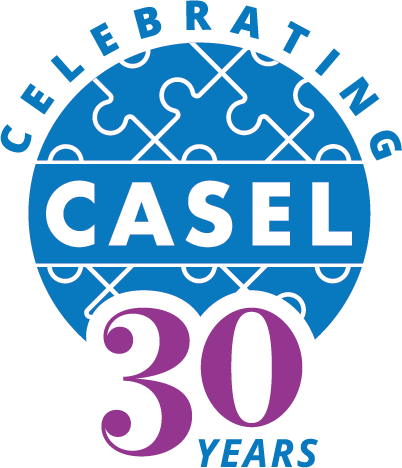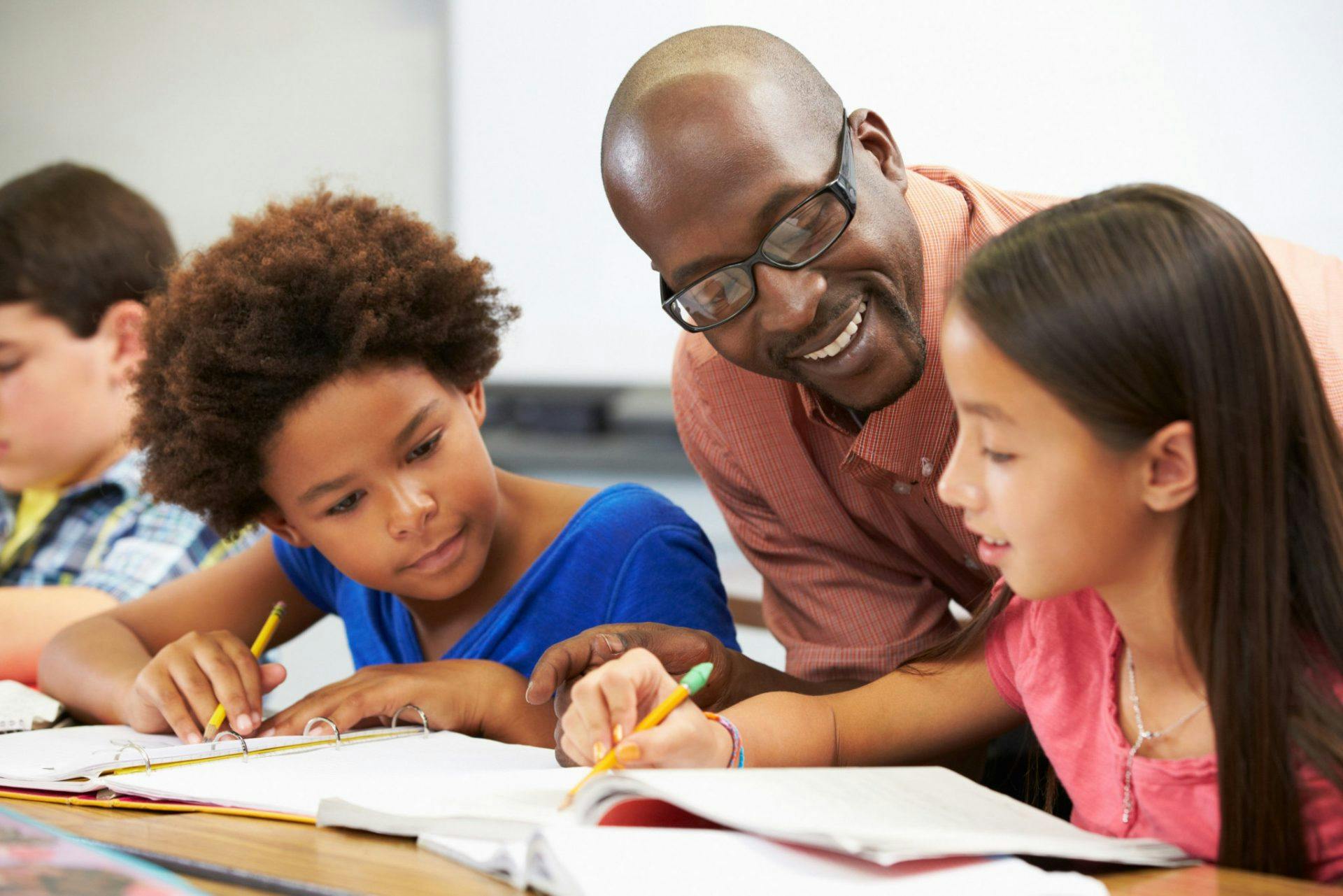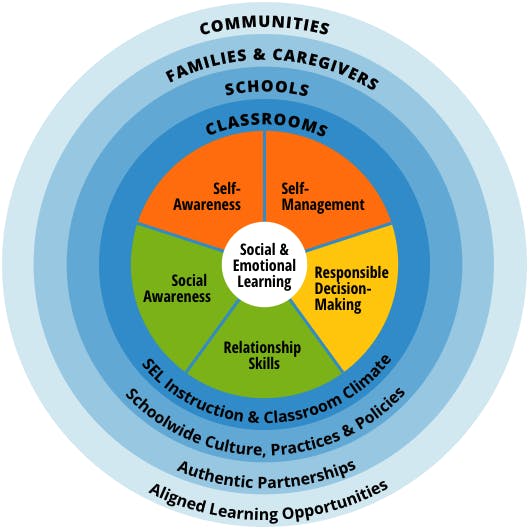We define social and emotional learning (SEL) as an integral part of education and human development. SEL is the process through which all young people and adults acquire and apply the knowledge, skills, and attitudes to develop healthy identities, manage emotions and achieve personal and collective goals, feel and show empathy for others, establish and maintain supportive relationships, and make responsible and caring decisions.
SEL advances educational equity and excellence through authentic school-family-community partnerships to establish learning environments and experiences that feature trusting and collaborative relationships, rigorous and meaningful curriculum and instruction, and ongoing evaluation. SEL can help address various forms of inequity and empower young people and adults to co-create thriving schools and contribute to safe, healthy, and just communities.
-
-
Think of a young person in your life. What skills will they need to achieve their hopes and dreams?
Chances are, you just named social and emotional skills – like staying motivated, communicating effectively, practicing curiosity, and working with others to solve problems. Social and emotional learning, or SEL, helps develop the skills we need for life.
Hear why students, parents, and educators want SEL in schools.
Here are 3 things to know about social and emotional learning:
- Social and emotional learning is a foundation for many of our most pressing priorities: SEL helps young people – and adults – learn and practice skills that set them up for academic success, fulfilling careers, healthy relationships, and responsible civic engagement.
- The research is clear: Social and emotional learning in schools leads to positive outcomes, including better academic performance, and decreases in stress and anxiety.
- There’s no one-size-fits-all approach: Social and emotional learning brings families, schools, and communities together to make sure every child has caring relationships and what they need to learn, grow, and thrive.
Subscribe now for our expertly curated 3-part email series delivered straight to your inbox. We’ll roundup the key facts from our website on what SEL is, why it matters, and how it shows up in schools.
By submitting this form, you are consenting to receive marketing emails from: . You can revoke your consent to receive emails at any time by using the SafeUnsubscribe® link, found at the bottom of every email. Emails are serviced by Constant Contact
-


